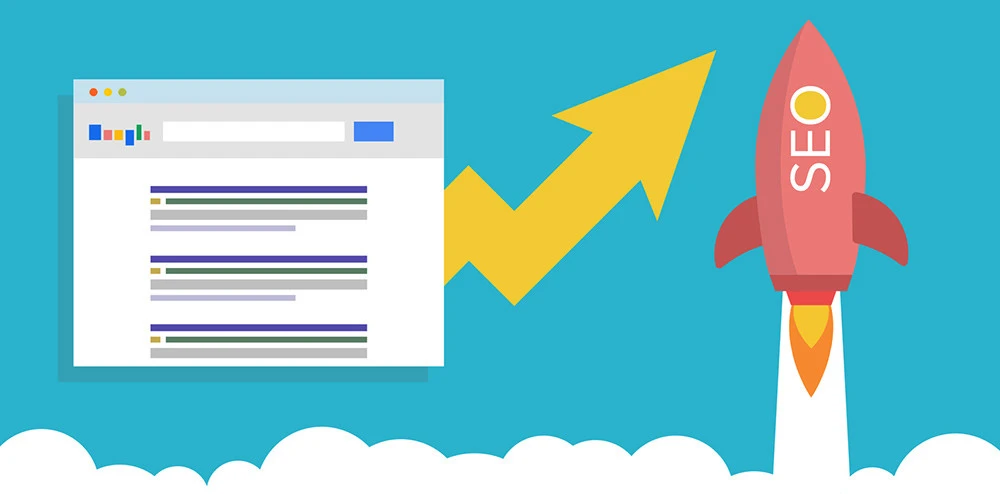In today’s digital age, where attention spans are fleeting, website performance plays a critical role in determining success. Page load speed, or the time it takes for a webpage to fully display its content, directly influences user experience and conversions. Let’s delve into how optimizing page load speed can lead to improved user satisfaction and higher conversion rates.
Introduction
Website owners and developers understand the significance of page load speed. Slow-loading websites can be detrimental, driving potential customers away and negatively impacting the bottom line. In this article, we’ll explore the various aspects of how page load speed affects user experience and conversions. We’ll provide insights, tips, and strategies to enhance your website’s performance and drive better results.
The Need for Speed
Understanding Page Load Speed
Page load speed refers to the time it takes for a webpage to load and become fully interactive. It’s a critical aspect of website performance because it directly affects user engagement.
A User’s Patience is Limited
In today’s fast-paced world, users have little patience for slow-loading websites. Research indicates that 40% of users will abandon a site that takes more than three seconds to load. This statistic highlights the urgency of optimizing page load speed.
First Impressions Matter
Your website’s speed is often the first impression users have of your brand. A fast-loading site creates a positive first impression, whereas a slow one can deter potential customers.
How Page Load Speed Impacts User Experience
Reduced Bounce Rates
Bounce rates measure the percentage of visitors who navigate away from your site after viewing just one page. Slow-loading websites tend to have higher bounce rates, as users are less likely to explore further.
Improved Engagement
Faster-loading pages result in improved user engagement. Users are more likely to spend time exploring your content and taking desired actions, such as making a purchase or subscribing.
Enhanced Mobile Experience
With the increasing use of mobile devices for browsing, page load speed is even more critical. Slow-loading websites frustrate mobile users, leading to a poor experience.
Positive User Feedback
When users have a smooth, fast experience on your site, they are more likely to leave positive feedback and recommend your site to others.
Optimizing Page Load Speed
Image and Video Optimization
One of the common culprits of slow load times is large images and videos. Compressing media files and using the right format can significantly improve load speed.
Caching
Caching allows web browsers to store a website’s data, reducing the need to reload it every time a user visits. This leads to faster load times for returning visitors.
Content Delivery Networks (CDNs)
CDNs distribute website content across various servers worldwide, reducing the physical distance between a user and the server. This can dramatically improve load speed, especially for international visitors.
Minimize HTTP Requests
Each element on a webpage, like images, scripts, and stylesheets, requires an HTTP request. Minimizing these requests by reducing unnecessary elements can speed up load times.
How Page Load Speed Impacts Conversions
Increased Conversion Rates
Studies have shown that faster-loading websites lead to higher conversion rates. Users are more likely to complete actions such as making a purchase or filling out a contact form on a fast site.
Improved SEO Ranking
Search engines like Google consider page load speed when ranking websites. A faster site can lead to higher search engine rankings, potentially driving more organic traffic and conversions.
Trust and Credibility
A fast website conveys trust and credibility to users. They are more likely to trust a brand that invests in providing a seamless online experience.
Frequently Asked Questions
Q: How can I check my website’s current page load speed?
A: You can use online tools like Google PageSpeed Insights or GTmetrix to analyze your website’s speed and receive recommendations for improvement.
Q: What is the ideal page load speed for a website?
A: Ideally, your website should load in under three seconds. However, the faster, the better.
Q: Can slow load speed affect my e-commerce site’s sales?
A: Yes, slow load speed can result in cart abandonment and reduced sales. Optimizing load speed is crucial for e-commerce success.
Q: Are there free tools to help optimize page load speed?
A: Yes, there are many free tools and resources available to help website owners improve their load speed, such as image compressors and caching plugins.
Q: How often should I monitor my website’s load speed?
A: It’s a good practice to monitor your website’s load speed regularly, at least once a month, and after making significant changes to your site.
Q: What impact does mobile page load speed have on SEO?
A: Mobile page load speed is a ranking factor in Google’s search algorithm. Faster mobile load times can improve your website’s search engine rankings.
Conclusion
In the digital landscape, where competition is fierce, optimizing your website’s page load speed and your Social Media Platform presence is not just a recommendation – it’s a necessity. The impact of page load speed on user experience and conversions cannot be overstated. By ensuring your site loads quickly and efficiently, you can create a positive user experience, boost conversions, and build trust with your audience. So, invest in speed, monitor your website’s performance, and enjoy the benefits of a fast and responsive site. Your users, as well as your Social Media Platform engagement, and your bottom line will thank you.
